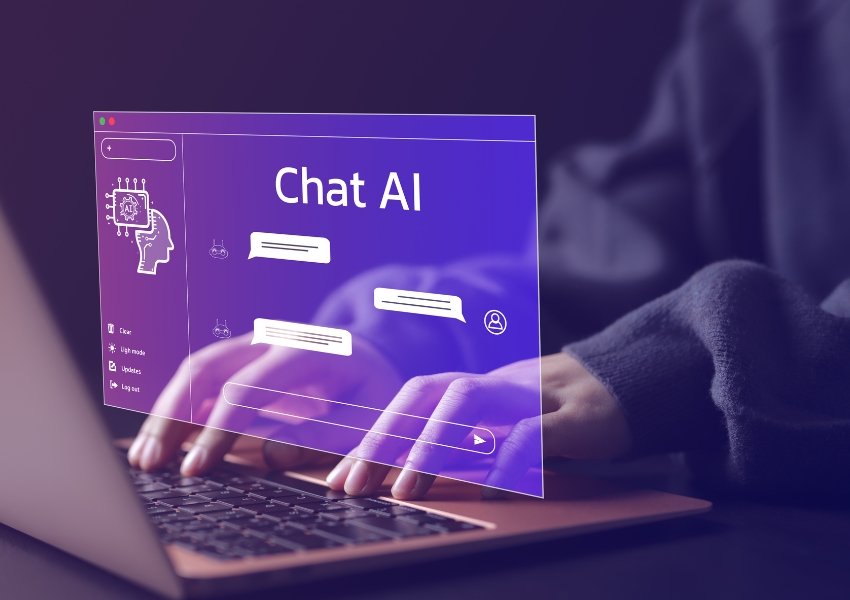With the advancement of artificial intelligence, the demand for artificial intelligence professionals in the industry, particularly those who specialize in generative artificial intelligence, is increasing rapidly. Similarly, the market still has a place for traditional artificial intelligence roles such as that of a data scientist and machine learning engineer, but the focus is tilting towards people who are able to use generative artificial intelligence to create ideas. If you are an AI developer seeking to advance your career in the competitive world of generative AI – mastering the craft that differentiates one from other aspiring generative AI specialists by 2024 would be imperative. Some of the skills that will be essential in order to succeed in this booming area will be outlined in this blog.
- Advanced knowledge of deep learning and machine learning
In-depth knowledge of Machine learning (ML) and Deep learning (DL) is very crucial for any individual who is moving from a traditional AI developer job to a generative AI specialist job. DL, which is a subset of ML, refers to techniques, that are borrowed from the configuration of the human brain, whereas the majority of the AI applications developed are based on ML. A generative AI expert has to be strong in:
Mastery of several neural network topologies including convolutional neural networks (CNNs) and recurrent neural networks (RNNs) is indispensable. Developing models able to produce fresh content, such images, text, or even music, depends on an awareness of how these networks work.
Generative adversarial networks, or GANs: GANs serve as a foundation of generative artificial intelligence. These networks consist of two models – a generator and a discriminator – which work together to produce realistic data. It is important to understand how these GANs work and how to improve their performance.
Reinforcement learning (RL) strategies can also be utilized to improve generative models, simulation, and more games’ design; RL, however, is not just a subset of generative artificial intelligence.
- Pursuing Natural Language Processing NLP Proficiency
NLP is an essential skill as one cannot be a generative art intelligence expert without knowing how to handle human language. As language models like GPT-3 and BERT become more popular, experts need to know how to:
Knowledge of how to create and refine language models for many uses—from chatbots to automated content generation—is absolutely essential.
Beyond producing text, knowledge of sentiment and language context can help improve the outputs of generative models so guaranteeing their coherence and contextually suitable nature.
Successful development and use of language models necessitates, among other things, knowledge of text pre-processing techniques such as tokenization, stemming and lemmatization.
- Critical thinking and artistic problem-solving
There is more to generative artificial intelligence than taking a technical approach. Imagination and creativity are equally important. It is expected of practitioners that they:
Being able to find new applications for generative artificial intelligence — for example, creating artwork or fake data for training purposes — is an invaluable skill.
Generative artificial intelligence models often require a lot of testing and revision. A critical aspect is being comfortable with the process of iteration and with making mistakes.
Combining artificial intelligence knowledge with ideas from disciplines such psychology, art, and even philosophy will provide more creative and morally sound generative artificial intelligence solutions.
- Modern Programming Ability
Any artificial intelligence job requires strong programming abilities, but generative artificial intelligence experts must beyond the fundamentals:
Python still is the most often used language for artificial intelligence development. One must be quite skilled in Python tools such TensorFlow, PyTorch, and Keras.
Knowing other languages like R, Julia, or Java will help you for particular projects or situations even if Python is the most often used language.
Especially with complicated generative models requiring large computational resources, the ability to maximize methods for performance and scalability is absolutely vital.

- Understanding the Social and Ethical Implications
Generation of artificial intelligence realistic image, which is in fact fictitious in nature, raises ethical concerns as it is termed deceptive. Individuals at work should know about:
The development of robust and responsible artificial intelligence systems carries the understanding that measures must be taken to identify and minimize the occurrence of bias in training data as well as in the trained models.
Deepfake Misuse Prevention: Even though sophistication of generative models helps in their adoption, it also increases the chances of their misuse. Any expert is supposed to have the knowledge on how to prevent such situations from arising due to the constant advancements in generative artificial intelligence.
The assurance that the application of technology will be in an ethical manner is accomplished when there is an effective engagement of the users on how the concepts of artificial intelligence technologies will be applied or how the decisions will be made through the use of generative models.
- Skills of Communication and Teamwork
Projects related to generative artificial intelligence often require a combination of business, engineering, data science and more. The skills include:
Success in delivering project results is related to understanding the perspectives and constraints of team counterparts such as data engineers or UX designers.
Especially when talking about the possible uses and restrictions of generative artificial intelligence, it is rather helpful to be able to clarify difficult technical aspects to non-technical stakeholders.
- Flexibility and Constant Learning
Generative artificial intelligence is a fast-developing field, hence keeping current is absolutely important:
Engage the AI Community by attending conferences, seminars, and internet forums to be current with industry trends and most recent studies.
Advanced Degree Programs and Additional Qualifications: Advanced programs and diplomas in deep learning practices, natural language processing, as well as generative designs include a threshold where such ambitions can be realized.
Work with the latest AI software and environments all the time.
It’s all about staying current and effective nowadays, and it involves systems and applications such as Standford NLP or Nvidia’s GAN.
Last but not least, In 2024, there are prerequisites for proceeding from an AI developer to one who practices generative AI. It is no longer just the know-how of technologies that is needed. In addition, it requires competencies in deep learning, natural language understanding, creative thinking, and social responsibility. As the generative AI domain grows, there will be a great need for specialists who know how to create these technologies and apply them ethically. By focusing on the above skills, you will be at the forefront of this dynamic and fast-evolving area.
